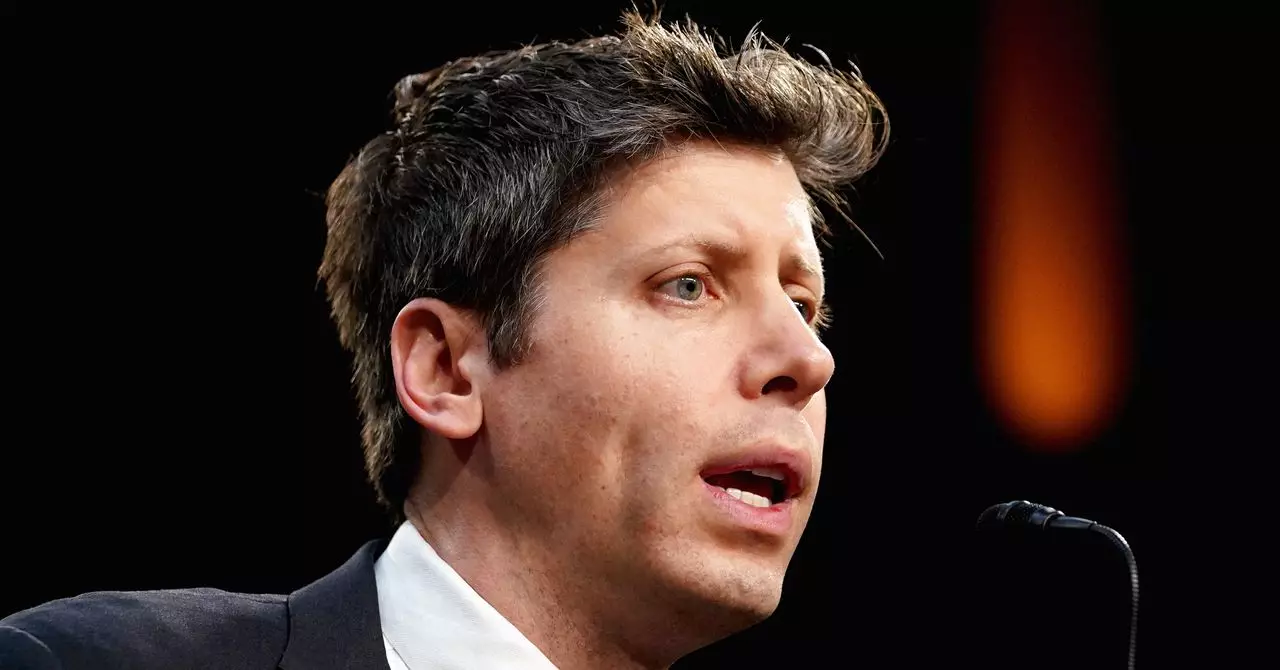The partnership between OpenAI and Microsoft, once heralded as a groundbreaking alliance in artificial intelligence, has hit a complex and unexpected snag revolving around a seemingly minor contractual clause. While the enormous $13 billion investment Microsoft has made in OpenAI signals a deep commitment, the evolving conversation around artificial general intelligence (AGI) is testing the limits of their collaboration. At the heart of this friction is a clause that allows OpenAI’s board to limit Microsoft’s access to technology if OpenAI declares it has achieved AGI—a power play that has morphed from a hypothetical scenario into a highly contentious point of negotiation.
AGI: More Than Just a Milestone, a Strategic Lever
AGI, defined by OpenAI as “a highly autonomous system that outperforms humans at most economically valuable work,” represents not just a technological breakthrough but a strategic asset of immense value. The clause demarcating access to AGI-derived technologies effectively gives OpenAI significant leverage by controlling who benefits from the next frontier of AI capabilities. What started as a safeguard to protect OpenAI’s intellectual property and future direction has become a source of distrust within this high-value partnership.
Interestingly, sources close to the deal reveal two layers of definitions around AGI in the contract. One allows OpenAI’s board to unilaterally declare the achievement of AGI, immediately limiting Microsoft’s access beyond that point. The other, introduced more recently, hinges on a commercial threshold: achieving “sufficient AGI” capable of generating defined profits, a status that requires Microsoft’s approval before OpenAI can declare it. This duality highlights the complexity and sensitivity of defining what counts as AGI, mixing technical achievements with financial ramifications.
The Internal and External Tug-of-War Over AI’s Future
The tension between the two companies intensified amidst internal debates at OpenAI over research papers such as “Five Levels of General AI Capabilities.” This document attempted to classify AI advancement stages in a structured way but inadvertently risked limiting OpenAI’s ability to declare AGI according to the contractual terms. This episode underscores a critical irony: rigorous scientific clarity may clash with strategic flexibility in a commercial setting.
Moreover, whispers of OpenAI threatening to accuse Microsoft of anticompetitive behavior indicate how fraught the relationship has become. The discussion reflects a broader discomfort that Microsoft, despite its massive investment, might lose privileged access to the groundbreaking tech they helped foster—so much so they are contemplating pulling out entirely.
The Uneven Expectations and Future Outlook
Microsoft reportedly doesn’t fully believe OpenAI will hit the AGI milestone before the 2030 contract expiration, tempering its immediate risks. On the other hand, some insiders are convinced that AGI is close, with OpenAI’s CEO Sam Altman himself suggesting it could arrive within the current U.S. presidential term, signaling an imminent disruption. This divergence in expectations demonstrates a classic paradox in tech partnerships: a blend of skepticism and urgency that makes negotiating long-term terms exceedingly complicated.
Adding to the intricacy is the contractual restriction barring Microsoft from independently pursuing AGI using OpenAI’s intellectual property. This limitation is presumably designed to protect OpenAI’s core innovations but potentially limits Microsoft’s strategic options if the partnership unravels.
Why This Matters Beyond Two Companies
At its core, this contractual conflict reveals a broader truth about the AI race: as artificial intelligence edges closer to transformative leaps, traditional partnership models and investment agreements face unprecedented challenges. The opaque, evolving nature of AGI and its implications for control, profit, and competitive advantage make it difficult to align visions and expectations.
While some might argue Microsoft’s push to remove or renegotiate the clause is simply a bid to secure its investments, others may see OpenAI’s firm stance as necessary to preserve its autonomy and safeguard the stewardship over a technology that could reshape economies and societies.
In any case, the unfolding drama between OpenAI and Microsoft is a clear sign that navigating the frontier of AGI requires not only technological innovation but also innovative approaches to governance, collaboration, and trust. The outcome of these negotiations will likely have ripple effects far beyond these two companies, shaping how the AI ecosystem defines ownership, access, and responsibility in an era of profound technological transformation.

